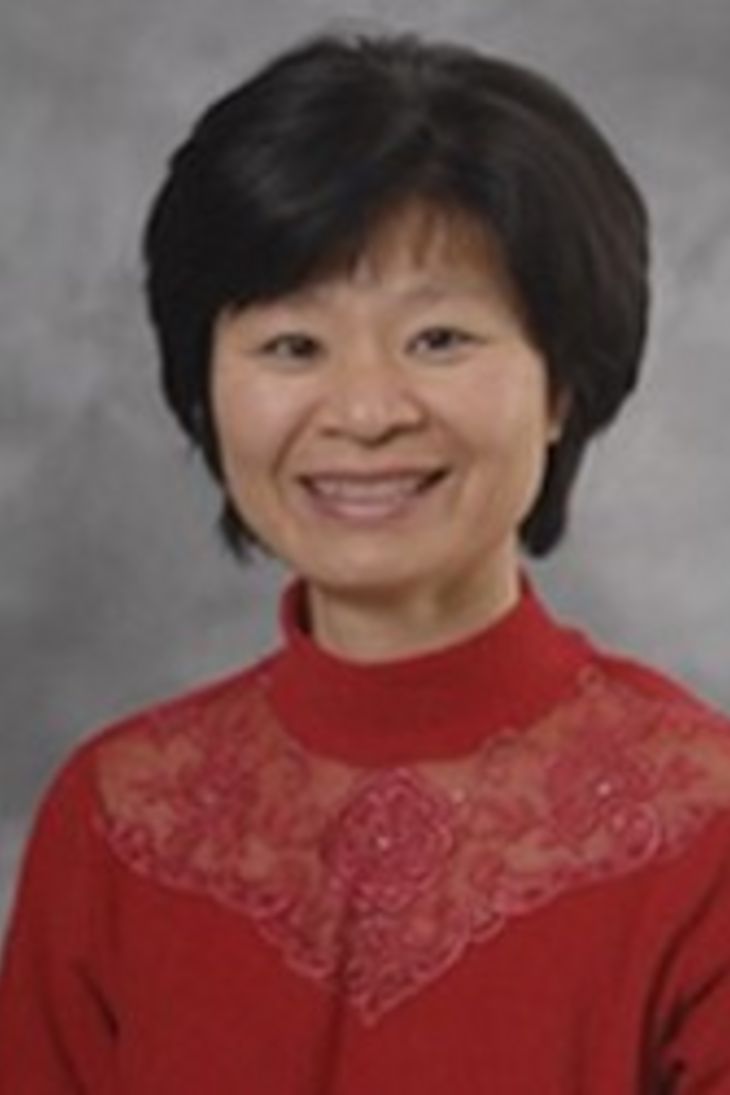Mei-Wei Chang

Dr. Mei Wei Chang’s research focuses on lifestyle behavior weight management intervention including stress and emotion management, healthy eating and physical activity. She has been principal investigator for several NIH-funded lifestyle behavior intervention studies for low-income overweight or obese mothers with young children, and for overweight or obese pregnant women. Her interventions have been delivered through culturally sensitive videos, peer support group teleconferences, website and online individual health coaching. Dr. Chang has expertise in translational research, goal-oriented episodic future thinking (picturing goal-relevant future events in the individual’s life), executive function intervention, designing community and theory-based lifestyle behavioral weight management intervention that addresses the needs of individuals and their family, evaluation of feasibility study, assessment of nutrition (24-hour dietary recall via NCI ASA 24) and physical activity (using Actigraph Accelerometer). Dr. Chang also has expertise in application of community-based participatory techniques, instrument development, focus group discussion, qualitative data analysis, health coaching, motivational interviewing and training of community dietitians and peer educators in leading motivational interviewing counseling sessions. She has unique expertise in the development of totally unscripted video intervention. Her culturally sensitive intervention videos that feature low-income overweight or obese young mothers and their family members, especially young children, have been implemented and sustained by the Special Supplemental Nutrition Program for Women, Infants, and Children (WIC) nationwide to supplement daily practice since 2015. She has created motivation interviewing training videos that featured WIC dietitians, nurses and clients. These training videos have been implemented and sustained by State of Michigan WIC since 2016 as a required training.
News
Discover 5 reasons why becoming a nursing educator may be the next step in your career and how to make it a reality.
The Ohio State University is the No. 1 producer of Fulbright U.S. Scholars for the 2025-26 academic year among all colleges and universities in the United States, with 12 selected for the prestigious award.


